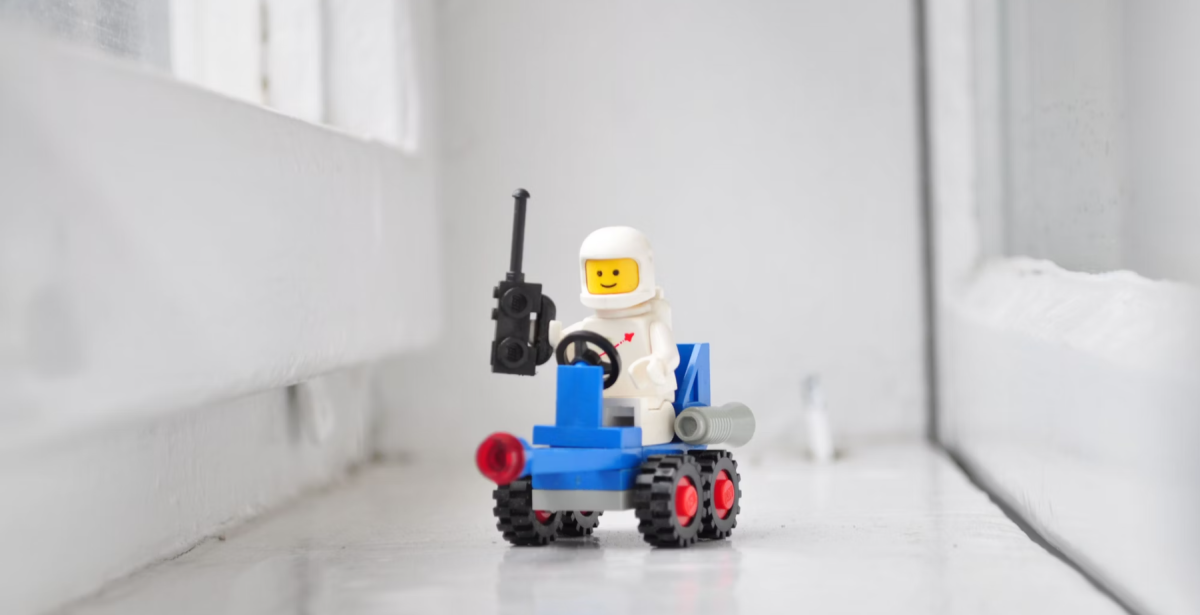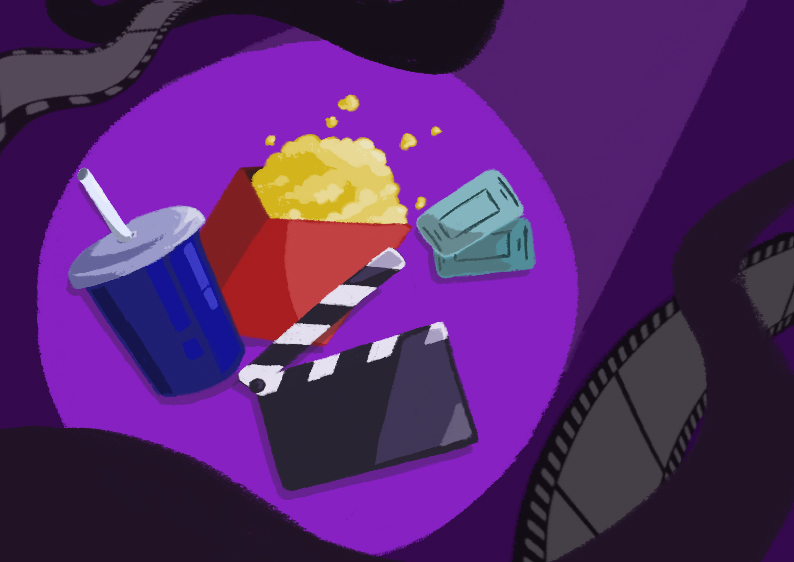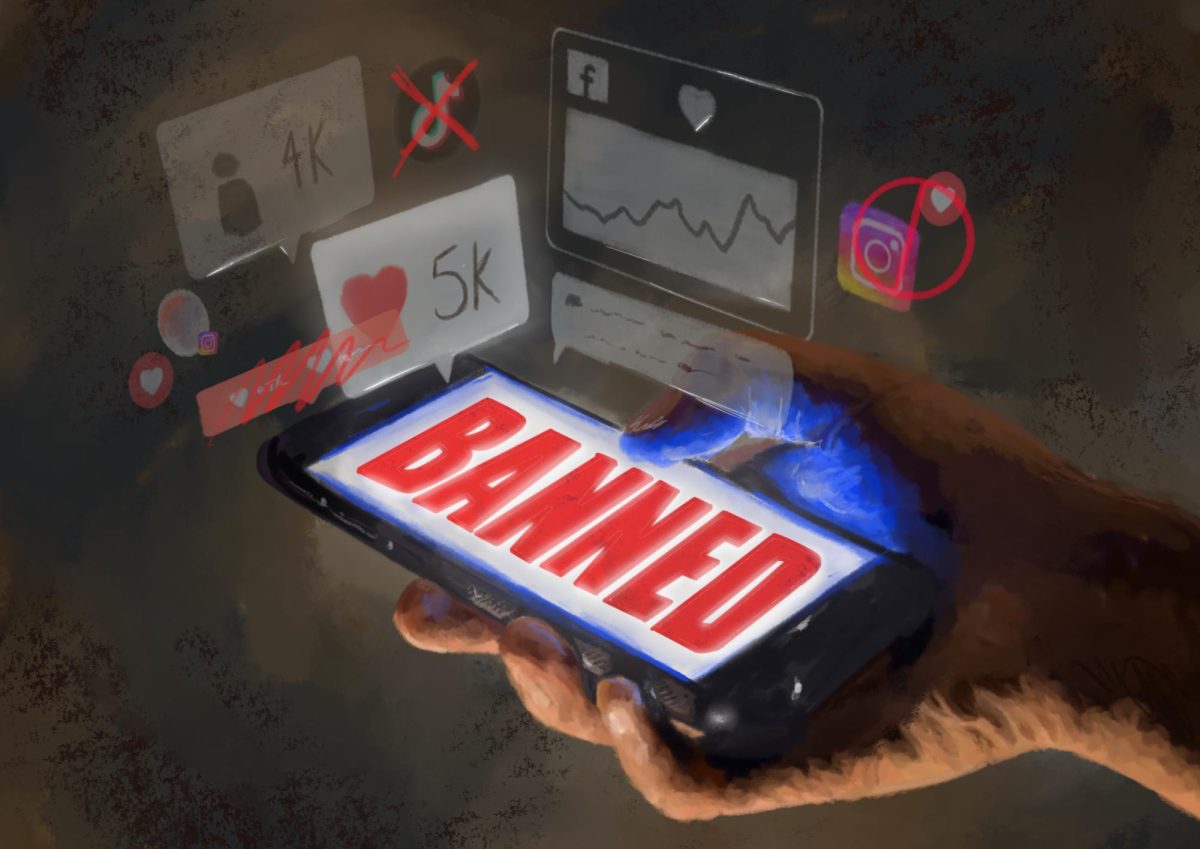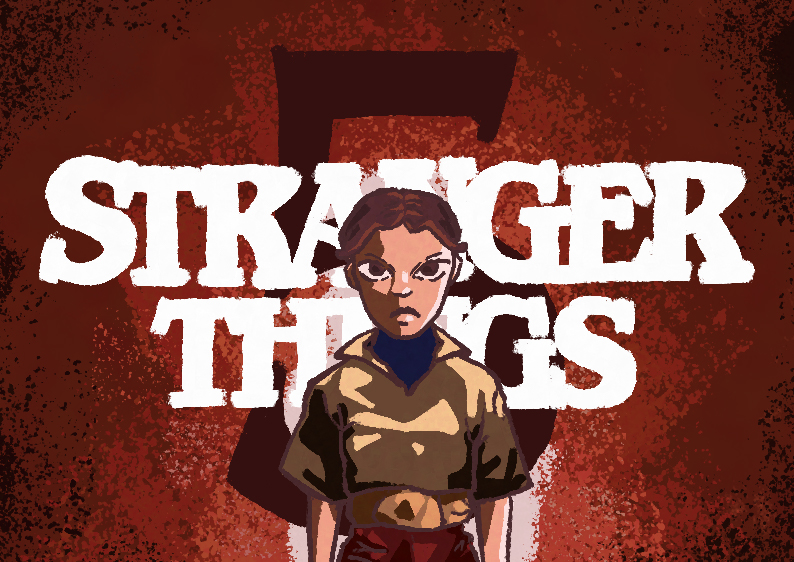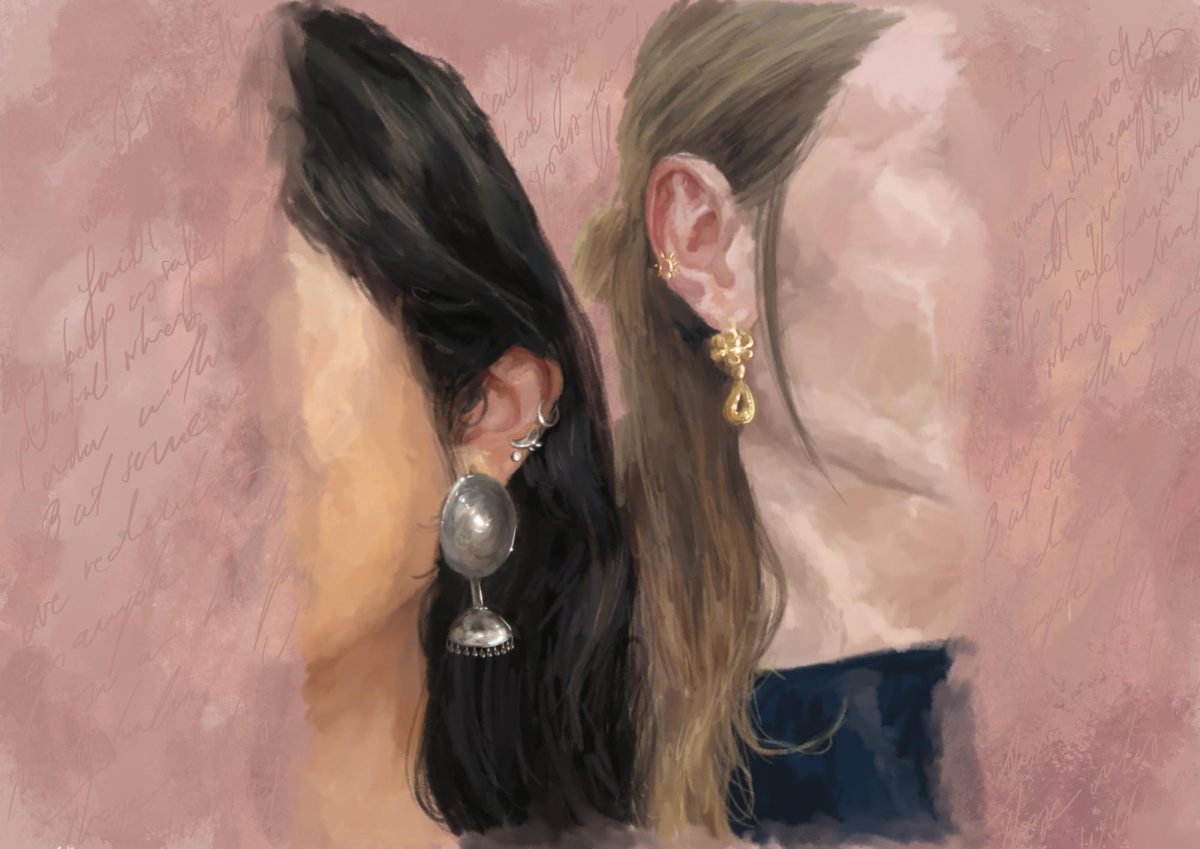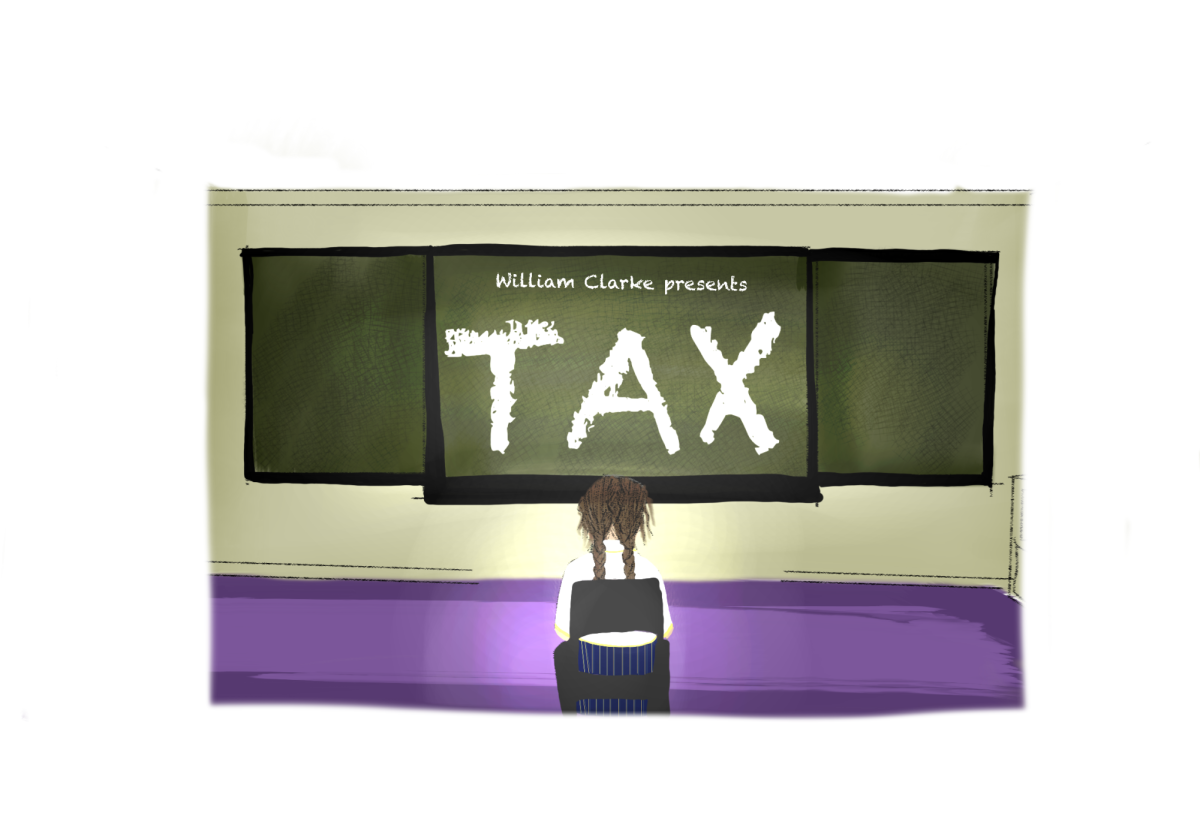Have you noticed the rise of nostalgiacore all over social media lately? Hazy filters, grainy home videos, VHS effects. You’ll see old cartoons playing on chunky TVs, retro game consoles booting up, bedroom shots with fairy lights and Bratz dolls, or Windows XP desktops loading up “Paint.” All of it is wrapped in soft music—usually some lo-fi remix of a Mario Kart song or a slowed-down 2000s hit. It’s oddly comforting. And kind of heartbreaking.
Scroll through the comments and the same things show up, over and over:
“Nothing will ever feel like this again.”
“I wish I could go back.”
“This makes me cry, I miss this so much.”
And so I am led to believe it’s not just about missing old tech or toys or shows. It’s something deeper. It’s the feeling that life used to be more real. More vivid. More alive. And it leaves a lot of us wondering: Why does everything feel so different now?
Think back to being seven. Remember how long the school year felt? How endless summer holidays seemed? Waiting for Christmas? It took forever. Now, you blink and it’s already the end of July.
It’s easy to assume this is all just nostalgia— romanticising and glorifying childhood like it was some magical time just because we were younger and we had fewer problems. But a little research into the science behind it tells me that’s not the whole story.
The real reason time felt slower back then has to do with how our brains worked. As kids, the world was new. Every day was filled with firsts—first day of school, first bike ride, first time trying a new food, seeing snow, meeting a puppy. Our brains were in constant download mode, absorbing everything: the smells, textures, emotions, sounds, and tiny moments.
As we grow up? That magic fades. Not because life is worse. But because we stop noticing it.
For me, the most interesting part is the neuroscience behind this, so here’s a quick summary of what i found.
- The Oddball Effect
This is a brain trick where new or surprising experiences feel longer in memory. Like if you’ve ever been in a car accident or a power outage, that moment stretches. That’s your brain going into “record everything” mode. It’s on high alert.
As kids, everything was an oddball moment. First sleepover, first playground injury, first time seeing fireworks. Basically, the older we get, in some ways there are fewer “firsts” that we experience, so time feels faster.
- Proportional Time
When you’re 10, a year is literally 10% of your life. That’s huge. At 16, it’s 1/16th. At 30? Just 1/30th. As each year becomes a smaller fraction of your life, it feels shorter. This is basically why holidays used to feel like lifetimes, and now school breaks feel like weekends.
- The Predictability Trap
Once routines take over, the brain stops paying attention to repeated details. Think about your bus ride to school. The first few times, you noticed everything—where the cracks in the pavement were, the smell of morning air, which houses had dogs. Now? You probably get off the bus with zero memory of the trip. That’s the predictability trap.
Your brain is trying to be efficient, so it filters out the “unimportant” stuff. But the truth is that those are the very things that made time feel full and slow and beautiful.
But I’d like to think that the deeper craving isn’t for Tamagotchis or Cartoon Network, but It’s for a certain type of presence. For the feeling of really being there in a moment, not half-scrolling, half-listening, half-zoning out. The insula is the part of your brain that lights up when you’re tuned into your body and senses. When you’re not doomscrolling, not multitasking, not dissociating—just noticing—your insula says, “Hey! This is real!” And that’s when time starts to slow down again.
Mindfulness isn’t some boring adult thing. It’s just another word for being fully in your own life. When you stop living half-in, half-out, the world feels like it expands again.
My proposal is that we don’t actually miss being kids, we just miss feeling alive in the way we did when we were kids.
In case this article is bringing you ‘nostalgia’, here’s some good news: You don’t need to escape to the woods or go off-grid to get that feeling back. You just need to learn how to notice again. This isn’t about meditating on a mountain, but rather rewiring your brain.
Here are some things I’ve started doing and you can try too:
- Change something small. Take a new route to school. Rearrange your desk. New input = brain alert.
- Act like it’s the first time. Next time you drink hot chocolate, really taste it. Feel the mug in your hands. Smell it. Pretend you’ve never had it before. Trick your brain into noticing.
- Do something analog. Go outside without your phone. Bake something from scratch. Write something by hand.
We’re all grieving a version of life where time felt infinite, slow, delicious. But the truth is, no matter how old you are, we haven’t lost that. We’ve just gotten distracted.
You don’t need to go back to be happy. Maybe you just need to wake up where you are.
Because the moment you start noticing again, life stretches out. Moments get richer. And you stop watching time slip through your fingers and start living inside it again.






